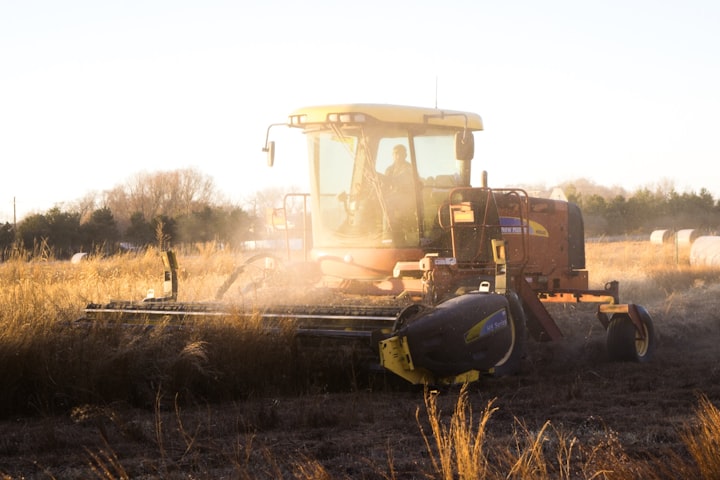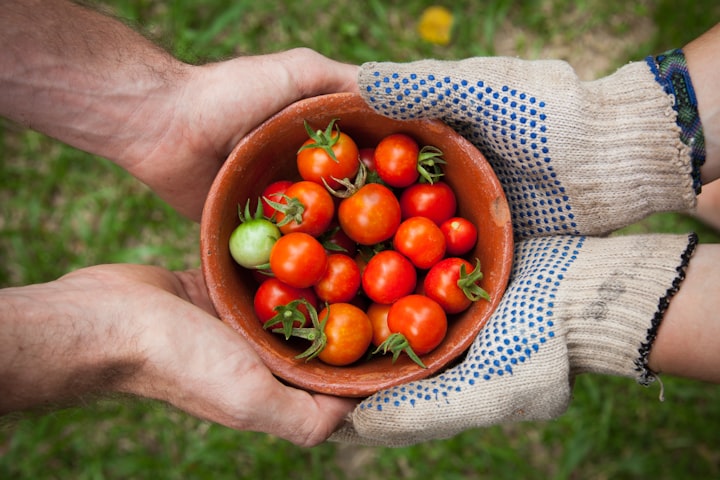
Agriculture has come a long way since the early days of subsistence farming. Today, technology is transforming the way we grow crops and raise livestock. From precision agriculture to autonomous machinery, the future of agriculture is looking very different than it did just a few decades ago. In this article, we'll explore how technology is changing farming and what the future holds.
Precision Agriculture
Precision agriculture is the use of data and technology to optimize farming practices. By collecting data on soil moisture, nutrient levels, and other variables, farmers can make more informed decisions about when to plant, irrigate, and fertilize crops. Precision agriculture involves the use of sensors, drones, and other technologies to collect data and analyze it in real-time.
One of the most exciting aspects of precision agriculture is the ability to target specific areas of a field. By using variable rate technology, farmers can apply inputs such as fertilizer and pesticides only where they are needed, reducing waste and saving money. Precision agriculture also helps farmers to identify problems such as nutrient deficiencies and pest infestations before they become serious issues.
Autonomous Machinery
Another way technology is changing agriculture is through the use of autonomous machinery. Autonomous tractors, drones, and other machinery can be programmed to perform tasks such as planting, harvesting, and spraying without the need for human intervention. This technology has the potential to significantly reduce labor costs and increase efficiency.
Autonomous machinery can also reduce the impact of farming on the environment. For example, autonomous tractors can be programmed to follow precise paths through a field, reducing soil compaction and minimizing damage to crops. Drones can be used to monitor crop health and detect problems such as water stress or pest infestations.
Vertical Farming
Vertical farming is a method of growing crops in vertically stacked layers using artificial lighting and climate control. This technology allows crops to be grown year-round in urban areas where space is limited. Vertical farming is also highly efficient, using less water and fertilizer than traditional farming methods.
Vertical farming has the potential to revolutionize agriculture by making it possible to grow fresh produce in cities and other areas where it would not be possible otherwise. This technology could also reduce the carbon footprint of agriculture by reducing the need for long-distance transportation of produce.
Genetic Engineering
Genetic engineering is the process of manipulating the DNA of plants and animals to create desired traits. This technology has already been used to create crops that are more resistant to pests and diseases, and that have improved nutritional value. Genetic engineering could also be used to create crops that are more tolerant of drought and other environmental stresses.
One of the most exciting aspects of genetic engineering is the potential to create crops that are more sustainable. For example, researchers are working on developing crops that can capture and store carbon dioxide, reducing the impact of farming on the environment. Genetic engineering also has the potential to create crops that are more resilient to climate change and that require less water and fertilizer.
Conclusion
Technology is transforming agriculture in ways that would have been unimaginable just a few decades ago. Precision agriculture, autonomous machinery, vertical farming, and genetic engineering are just a few examples of how technology is changing farming. These technologies have the potential to make farming more efficient, sustainable, and profitable. They also have the potential to reduce the impact of agriculture on the environment and improve the health and well-being of people around the world.
As we look to the future of agriculture, it is clear that technology will continue to play a key role. Farmers who embrace these technologies will be better equipped to meet the challenges of feeding a growing population while preserving the planet for future generations. By investing in technology and innovation, we can create a more sustainable and equitable food system for all.






Comments
There are no comments for this story
Be the first to respond and start the conversation.